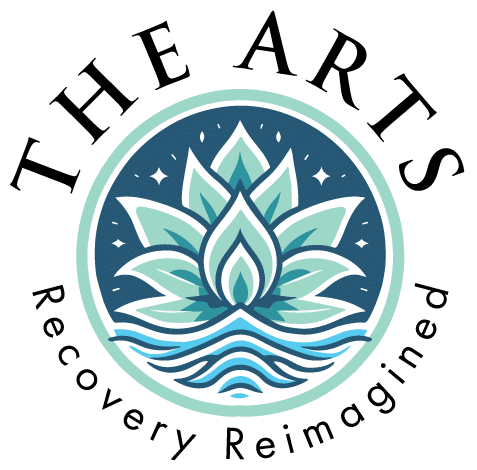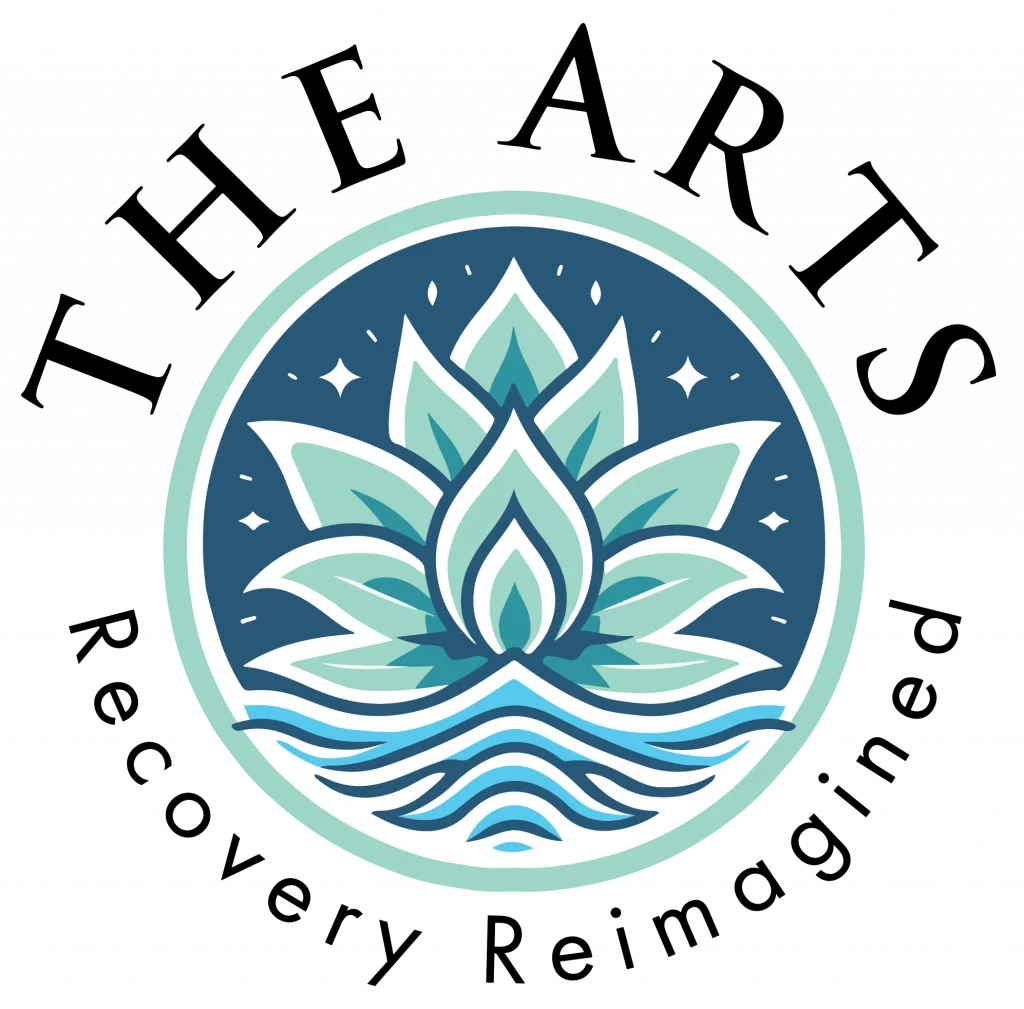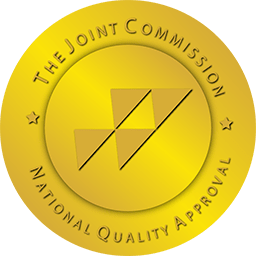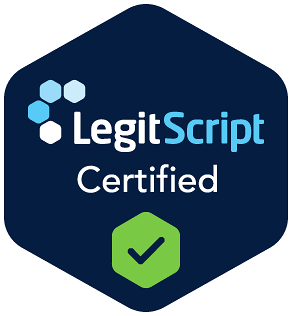In the realm of addiction recovery, 12-step programs have long been seen as a source of support for those striving to conquer substance abuse. While these programs have proven effective for many, they may not fit everyone best. Luckily, there is a range of alternatives to 12-step programs, each offering distinct approaches to recovery from addiction. This article will explore varied and holistic options beyond 12-step recovery, empowering individuals to discover solutions that align best with their needs and preferences.
Traditional Alternatives to 12-Step Programs
Traditional options other than 12-step programs provide proven methods that effectively address addiction and cravings. Among these, cognitive behavioral therapy (CBT) is a key player in addiction treatment. CBT operates on the idea that our thoughts, emotions, and actions are interconnected. By recognizing and challenging negative thought patterns and behaviors linked to substance abuse, individuals can develop coping mechanisms and reduce the chances of relapse. Through therapy sessions, clients learn to identify triggers, create strategies to handle cravings, and foster a positive outlook on their recovery journey.
Rational emotive behavior therapy (REBT) is another established alternative that targets changing beliefs that contribute to behaviors. REBT helps individuals spot and challenge beliefs like “I depend on alcohol to deal with stress ” by offering alternatives. By questioning thinking patterns, individuals gain an understanding of the root causes of their addiction and adopt healthier coping mechanisms for life challenges. In addiction therapy, REBT assists clients in building resilience, confidence, and empowerment in their path to recovery.
Motivational Interviewing (MI) offers an approach centered on change that highlights empathy, acceptance, and non-judgment. During motivational interviewing (MI) sessions, therapists assist individuals in examining their feelings about making changes and discovering their reasons for wanting to recover. By asking questions, listening reflectively, and offering encouragement, therapists support individuals in reinforcing their dedication to staying sober and making significant progress toward a better future. MI techniques boost motivation, self-assurance, and self-understanding, enabling individuals to surmount obstacles and adopt a substance-free way of life.
Alternative Approaches to 12-Step Programs
Alternative approaches to 12-step Programs offer diverse frameworks that cater to individuals seeking recovery through non-traditional avenues. SMART Recovery presents a structured and science-based model aimed at empowering individuals to overcome addictive behaviors. Unlike traditional programs, SMART Recovery does not subscribe to the disease model of addiction but instead focuses on self-empowerment and self-reliance. Through the utilization of cognitive-behavioral techniques and rational emotive-behavioral therapy, participants learn practical tools to manage cravings and make informed decisions regarding their recovery journey. SMART Recovery meetings provide a supportive environment where individuals can share personal experiences, set achievable goals, and celebrate milestones in their sobriety.
Holistic Alternatives to 12-Step Programs
Holistic approaches beyond the 12-step programs focus on treating addiction by considering the interconnectedness of the mind, body, and spirit. One such approach is mindfulness-based relapse prevention (MBRP), which combines mindfulness techniques with behavioral strategies to support individuals in their recovery journey. MBRP teaches participants how to be fully present in the moment, helping them observe and accept their thoughts, feelings, and sensations without judgment. Through mindfulness exercises and meditation practices, individuals develop resilience and self-regulation skills to effectively handle cravings and triggers as they come up. By gaining insight into their experiences, MBRP equips individuals with valuable tools to navigate recovery challenges with grace and strength.
By incorporating mind-body techniques into their recovery path, individuals undergo a sense of change and rejuvenation, paving the way for long-term sobriety and overall well-being.
ARTS IOP: Providing Support for Recovery from Addiction
Amid the various options beyond the conventional 12-step programs, ARTS IOP (Addiction Recovery and Treatment Services Intensive Outpatient Program) stands out as a pillar of assistance for individuals in search of comprehensive addiction recovery support. By incorporating evidence-based therapies like CBT and MI, ARTS IOP offers Los Angeles substance abuse treatment plans that cater to the specific needs and situations of each individual. Through our Thousand Oaks addiction group therapy sessions, participants find a nurturing space to share their stories, gain diverse perspectives, and develop effective coping strategies. Alongside one-on-one counseling and access to resources for recovery progress, individuals are ensured the necessary support to flourish on their path toward sobriety.With the landscape of addiction recovery evolving, there is now an array of alternatives to 12-step programs available. Whether through traditional methods, alternative support systems, or holistic healing practices, individuals have the freedom to explore options that resonate with their values, beliefs, and preferences. By embracing this diversity of alternatives, individuals can embark on a multifaceted journey toward recovery that reflects their individuality. This journey with ARTS IOP offers hope, healing, and a renewed sense of purpose every step of the way. Contact our drug rehab in Canoga Park today to start your journey.
